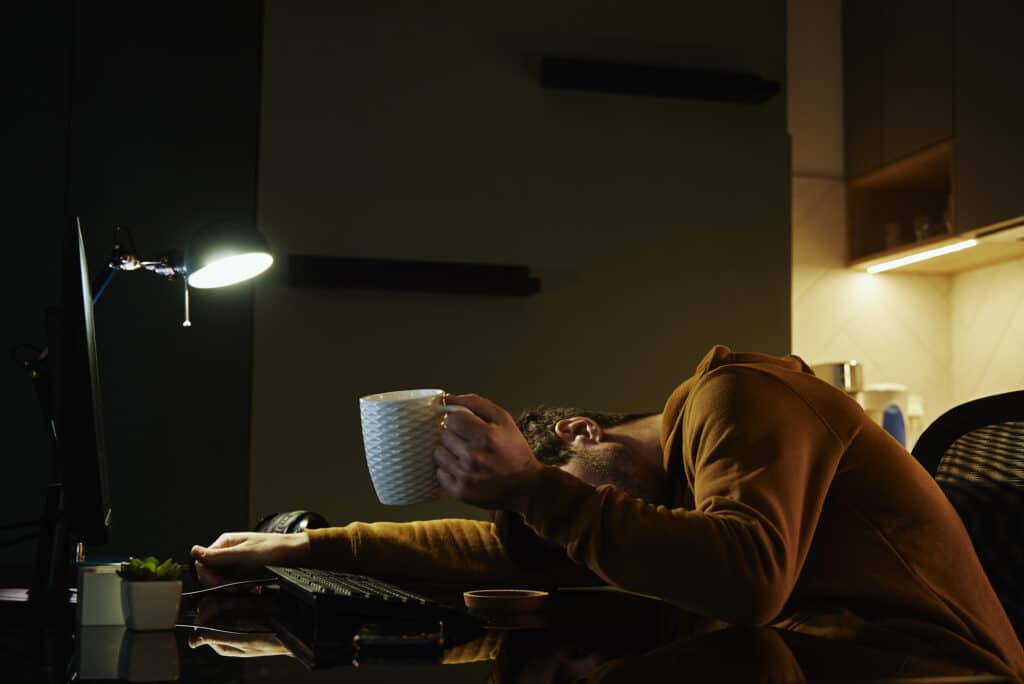The allure of a peaceful night’s sleep after a recreational or medicinal high might be tempting, but is it a safe choice? Going to sleep while under the influence of substances can have various effects on your body, mind, and overall well-being. In this blog, we delve into the implications of sleeping while high, shedding light on potential risks, benefits, and the importance of informed decisions.
The Relationship Between Sleep and Substance Use
Before we dive into the effects, it’s crucial to understand the connection between sleep and substance use. Different substances can impact sleep in unique ways:
- Depressants: Substances like alcohol and certain sedatives can induce drowsiness and promote sleep. However, they can also disrupt the natural sleep cycle, leading to fragmented sleep patterns and decreased sleep quality.
- Stimulants: On the other end of the spectrum, stimulants like caffeine and amphetamines can inhibit sleep by increasing alertness and interfering with the body’s ability to relax.
- Cannabis: Cannabis use can have mixed effects on sleep. While it may initially induce drowsiness, it can also lead to disruptions in the sleep cycle, affecting REM (rapid eye movement) sleep and dream recall.
Effects of Going to Sleep High
- Altered Sleep Architecture: Sleeping while high can impact the various stages of sleep, such as slow-wave sleep and REM sleep. This alteration can result in less restorative sleep, leaving you feeling groggy and fatigued upon waking.
- Dream Suppression: Some substances, like cannabis, can suppress dreams and reduce REM sleep. While this might seem like a positive effect for those who experience nightmares, it can interfere with the overall quality of your sleep.
- Disrupted Sleep Patterns: Falling asleep under the influence can lead to irregular sleep patterns, including frequent awakenings throughout the night. This can disturb the natural sleep cycle and contribute to sleep disturbances.
- Risk of Accidents: Going to sleep high increases the risk of accidents, especially if you’re disoriented or experiencing impaired coordination. Falling asleep while intoxicated can lead to falls and other injuries.
- Tolerance Development: Regularly going to sleep high can lead to the development of tolerance, where your body becomes accustomed to the substance’s effects. This might result in needing higher doses to achieve the same effect, potentially leading to substance misuse.
Making Informed Decisions
- Know Your Limits: If you choose to use substances, knowing your limits is essential. Understand how different substances affect your body and how they might influence your sleep quality.
- Timing Matters: If you decide to go to sleep after using substances, consider the timing. Allowing some time for the effects to wear off before sleeping can improve your sleep quality.
- Hydration and Nutrition: Staying hydrated and consuming balanced meals can mitigate some of the negative effects of going to sleep high. Proper nutrition supports your body’s recovery during sleep.
- Create a Sleep-Friendly Environment: To enhance your sleep quality, create a comfortable sleep environment. This includes minimizing noise, dimming lights, and maintaining a cool room temperature.
The decision to go to sleep high is a complex one, influenced by individual preferences, health considerations, and the type of substance used. While some substances may induce drowsiness initially, they can disrupt the natural sleep cycle and impact sleep quality. Understanding the effects of going to sleep high empowers you to make informed decisions about substance use and its potential impact on your rest. Prioritizing sleep hygiene, moderation, and safety can help you strike a balance between recreational use and maintaining optimal sleep health. As with any choice involving substances, mindfulness and awareness are key to ensuring your well-being and making choices aligned with your overall health goals.








